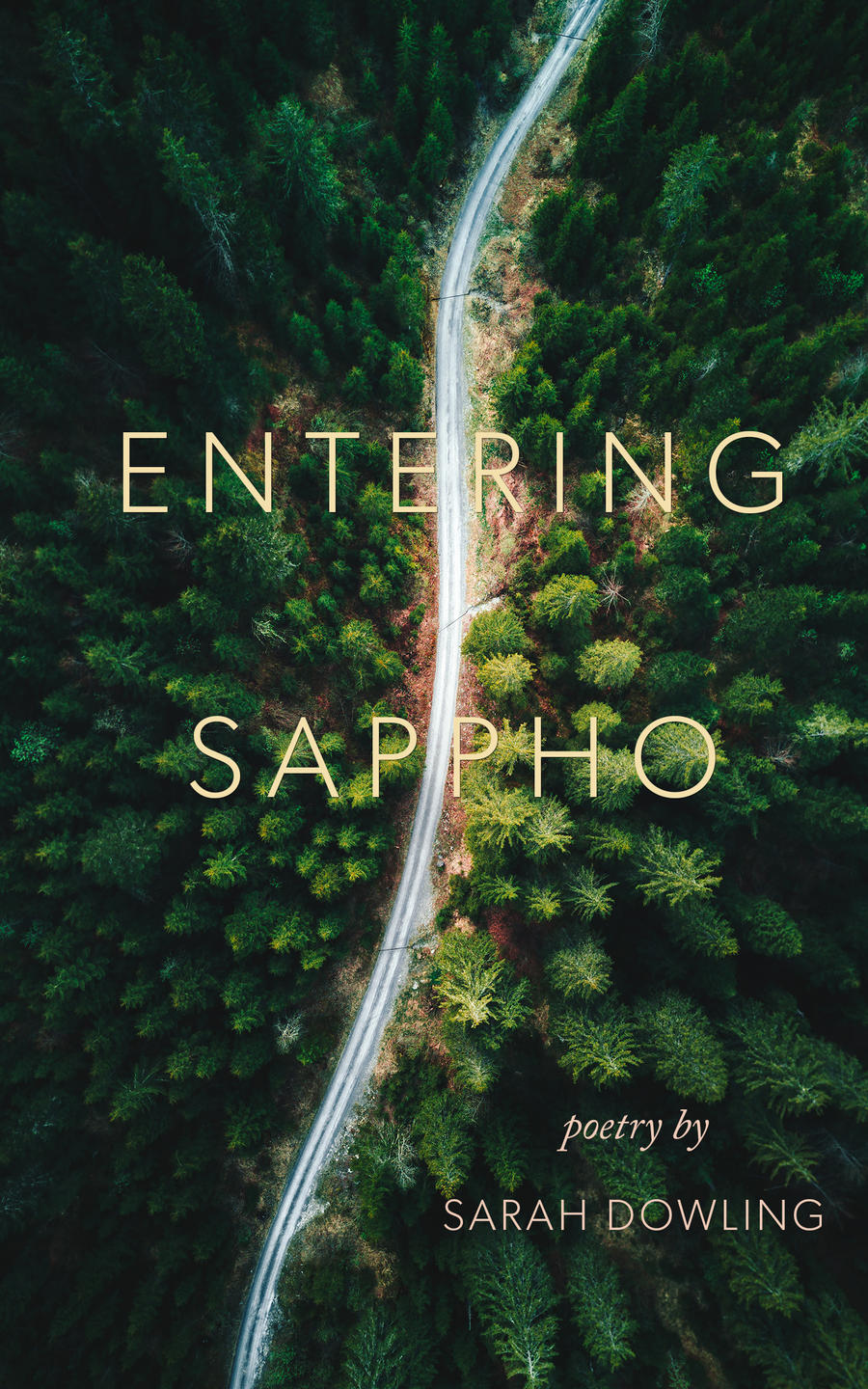USEREVIEW 095 (Capsule): Entering Sappho
Sarah Dowling
Entering Sappho (Coach House Books, 2020)
ISBN 978-1-55245-418-3 | 96 pp | $21.95 CAD | BUY Here
#CAROUSELreviews
#USEREVIEWEDNESDAY
The dedication of Entering Sappho begins with “To a future time.” This is reminiscent of the fragments of Sappho, as translated by Sherod Santos: “Someone, I tell you, will remember us, / even in another time.” Dowling’s book is a historical document and the poems occupy space on the page, allude to history and seek to deviate from established narratives.
In this book, Dowling claims history as being a queer continuum. You enter history and become acquainted with geography, the poetics of place and aphorisms for what it means to occupy a place. The poem ‘Soft Memory,’ particularly the lines “okay, this fever / burns me and it seems that finally I did / live” takes evocative, inventive turns. Dowling pays attention to form and lineation. This is incorporated, to quote Emily Dickinson, in a “tell it slant” manner.
The titles bear sonorous reflections with the narrative of the poems. The title ‘These Things Now For My Companions / I Shall Sing Beautifully’ is continued in the lines “I dreamed of twenty-four Olympias, / twenty-three Clios, and twenty-two Venuses who / were all fond of Sappho’s poetry.” Like history, a sense of chronology for time, space, distance and exactness are infused into every poem.
Recommended excerpt:
‘This Word: I Want’ retraces the settler-colonial narrative. The lines: “In our period of birth and consolidation, daughter / colonies spread outward, open. We have recorded / 2,405 classical names scoring the rocks, pounding / the flanks of these northern peripheral zones.” The stanza encapsulates that which is forgotten but true. The past is remade with deft attention to syntax — and how the concrete space of every poem appears on the page.



